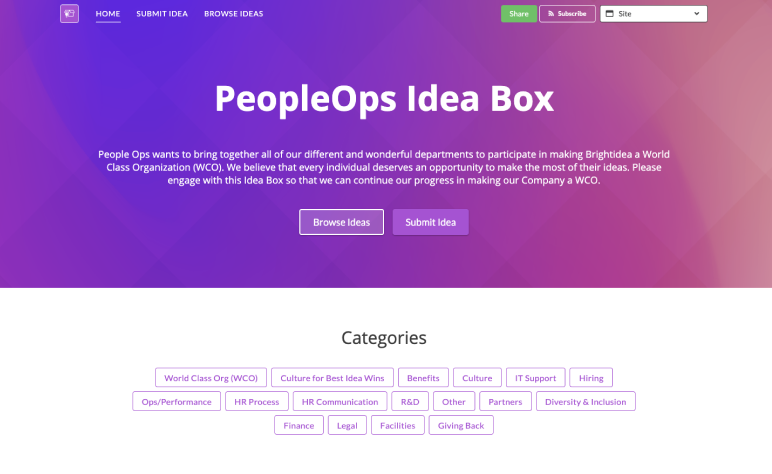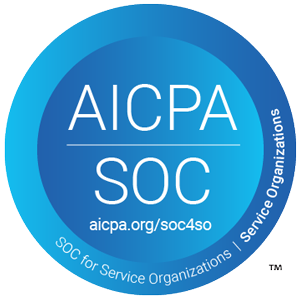
Idea Management for HR Professionals
Idea Management for HR Professionals

As an HR manager, listening to employee feedback is a crucial part of your job, and it comes flying at you from all directions. Employees respond to surveys and polls, they submit questions, they raise points through one-on-one meetings with their manager, they speak up at team and all-hands meetings, they reveal opinions and perspectives in performance reviews, they post to social media, and sometimes they come knocking at your door to tell you what they think in person. It’s not just employees who have views to offer: executives and other high-level management inevitably issue directives that you can’t ignore. And then there’s the marketplace itself, which offers input—largely observed—that you can’t ignore for the risk of losing competitive advantage. These include trends in hybrid working models, recruiting and hiring, on-boarding, compensation, benefits, and keeping pace with the cultural vibe of your company’s particular industry and location.
A Culture of Innovation Starts with Trust
Needless to say, all that input is overwhelming, but as an HR professional it’s not enough to simply receive feedback, how you respond is integral to your success. Simply considering and evaluating the input you receive may surface actionable feedback, yet there’s also a mandate to respect and engage those providing the input to build the trust crucial to attracting, retaining, and nurturing top talent. According to Susan Kuczmarski, co-author of Lifting People Up: The Power of Recognition, building and maintaining trust within your organization is the top priority for HR. She says, “HR staff are responsible for promoting a corporate culture that cultivates trust… It’s about building up employee confidence by letting them know their organization cares about them.”

A key way to let them know the organization cares is by letting employees know that the feedback they provide and the questions they ask—questions are just suggestions in a different format—are valued. So you need to receive them with care, and you can’t permit them to tumble into a black hole. To manage employee input at any meaningful scale means you need a process to collect the input, evaluate its merit, prioritize any action to be taken, and provide a measure of transparency so employees are aware that their feedback has been taken seriously.
This lays the groundwork for a culture of innovation, which, according to a Mckinsey report, “is based on trust among employees…In such a culture, people understand that their ideas are valued, trust that it is safe to express those ideas, and oversee risk collectively, together with their managers. Such an environment can be more effective than monetary incentives in sustaining innovation.”
Track and Evaluate Feedback in a Central Hub
It’s folly to think you can limit the feedback and questions from employees into a single format or channel. You can, however, steer them to a degree, by providing clear pathways, typically with a software platform. Idea management software is designed to manage a flow of feedback from employees by integrating with applications, such as Slack, Microsoft Teams, and others, that will make it easy for employees to share their thoughts. These same integrations will make it convenient for you and your HR colleagues to input directives from execs as well as observed feedback about the marketplace, and connect with your HRIS platform.
Demonstrate the ROI of HR
With idea management software, you’ll be able to connect input from employee surveys and polls so that it lands in the same place as the questions from the all-hands, comments from your social media monitoring, and feedback from other channels. Collecting the input from all the potential sources will set you up to evaluate and prioritize feedback holistically and make sound decisions about which inputs warrant action. This will put you in control of that daunting volume of feedback and empower you and your HR team to more easily measure ROI of HR to management. The same reporting and tracking also serves to build trust across the organization by allowing employees to see what becomes of their feedback and know it’s valued and respectfully considered by an organization that cares.
Read More:

